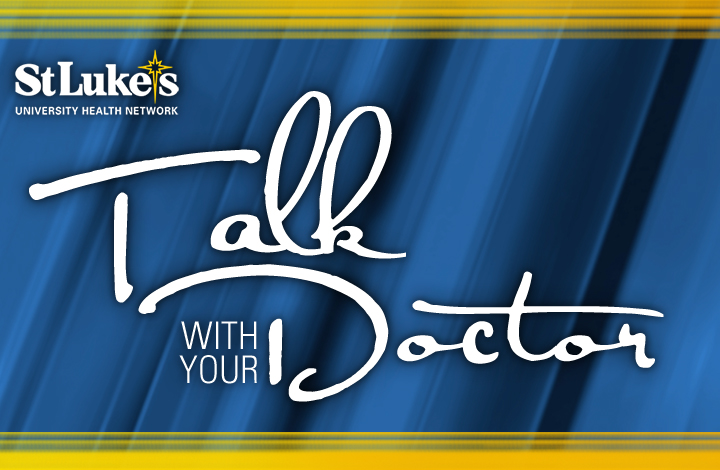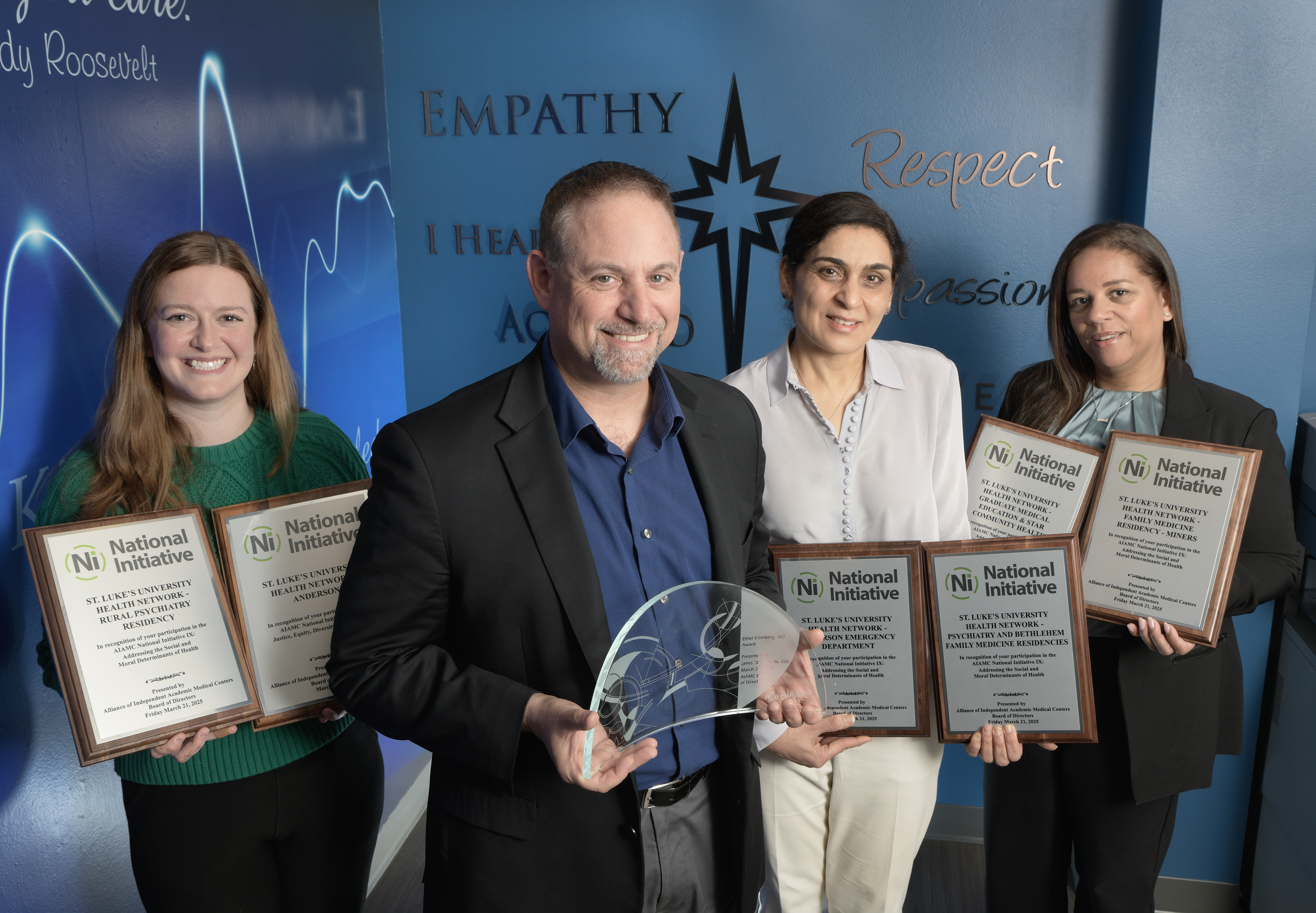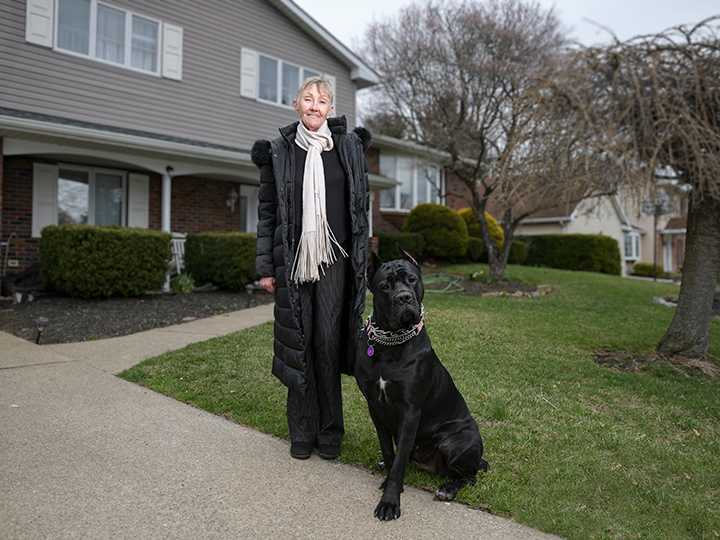High School Sax Player Back in Tune after Spine Straightening Surgery
February 14, 2022

David Price hopes to be playing his saxophone again soon with his Belvidere (NJ) High School band, now that his doctor has given him a thumbs up.
He was temporarily restricted from lifting the horn after undergoing complex surgery to correct a severely deformed spine, also known as scoliosis, a condition that was diagnosed in him in 2020.
Now the 15-year-old is on the mend, thanks to St. Luke’s University Health Network pediatric orthopedic surgeon Dustin Greenhill, MD, whom David’s mother, Pauline Price calls “amazing.”
“I’m feeling good, not having any pain,” says David, who walks upright, after having undergone the corrective procedure on his back at the end of November 2021.
Dr. Greenhill is the area’s only pediatric orthopedic surgeon who performs the demanding, yet life-enhancing operation to straighten a youth’s spine. St. Luke’s is one of the few places in the country offering both high-level adult and pediatric spine deformity surgery.
During a six-hour procedure at St. Luke’s Bethlehem (PA) Campus on Nov. 30, he inserted and attached torso-length specialized implants into the diseased portion of David’s spine to realign the vertebrae in his upper back. This corrected his spinal deformity, which had developed a 70-degree, C-shaped curve, most likely during an adolescent growth spurt.
“This type of spinal deformity often becomes visible during the teenage years, due to one’s growth spurt,” explains Dr. Greenhill. “Ideally, it is treated before starting to cause pain or other complications.”
Severe scoliosis, like David’s, can eventually compromise breathing and other physical activities. Because David plays saxophone, which involves deep breathing, Pauline adds, some physicians were relieved that he was able to retain his lung power despite their reduced capacity from the curvature.
Mild scoliosis is usually observed to determine if it’s worsening, explains Dr. Greenhill. Moderate cases may require the patient to wear a custom-molded upper-body brace, and severe cases, like David’s, often warrant surgical correction.
His recovery from surgery has been smooth, and there’s little chance that he’ll ever need another corrective operation, says Dr. Greenhill.
The probable cause of this deformity, says Dr. Greenhill, was a bit unusual. A long, thin fluid-filled cyst had grown inside his patient’s spinal cord over years, causing his bones to curve abnormally.
This condition didn’t give David much pain, says his mother, who felt the malformation while rubbing her son’s back to give him relief for mild discomfort.
“He never complained about the pain and often wore loose-fitting sweatshirts, which hid the problem,” Pauline explains.
Now well into his recovery, David has returned to school and again is practicing his musical scales and tunes on his sax, both seated and standing, as he prepares for upcoming band performances.
“He’s doing really well, thanks to Dr. Greenhill,” says his mother.
Dr. Greenhill, who has treated hundreds of children with scoliosis and was elected by his peers to the international Scoliosis Research Society, won’t be tooting his own horn about David’s excellent prognosis or his own advanced surgical skills. His young and grateful patient will do that for him, and his patient’s family will join in the chorus of well-earned praise. From their home near Belvidere, the school bandstand, or anywhere at all.
“If anyone needs a great pediatric orthopedic surgeon, I’ll tell them to go to Dr. Greenhill at St. Luke’s Bethlehem Campus,” says Pauline. “I can’t recommend him and his staff enough.”
Read More NewsLatest News


April 10, 2025
National Recognition for SLUHN Graduate Medical Education

April 10, 2025
Bethlehem Woman Grateful for Expert Orthopedic Care

April 09, 2025